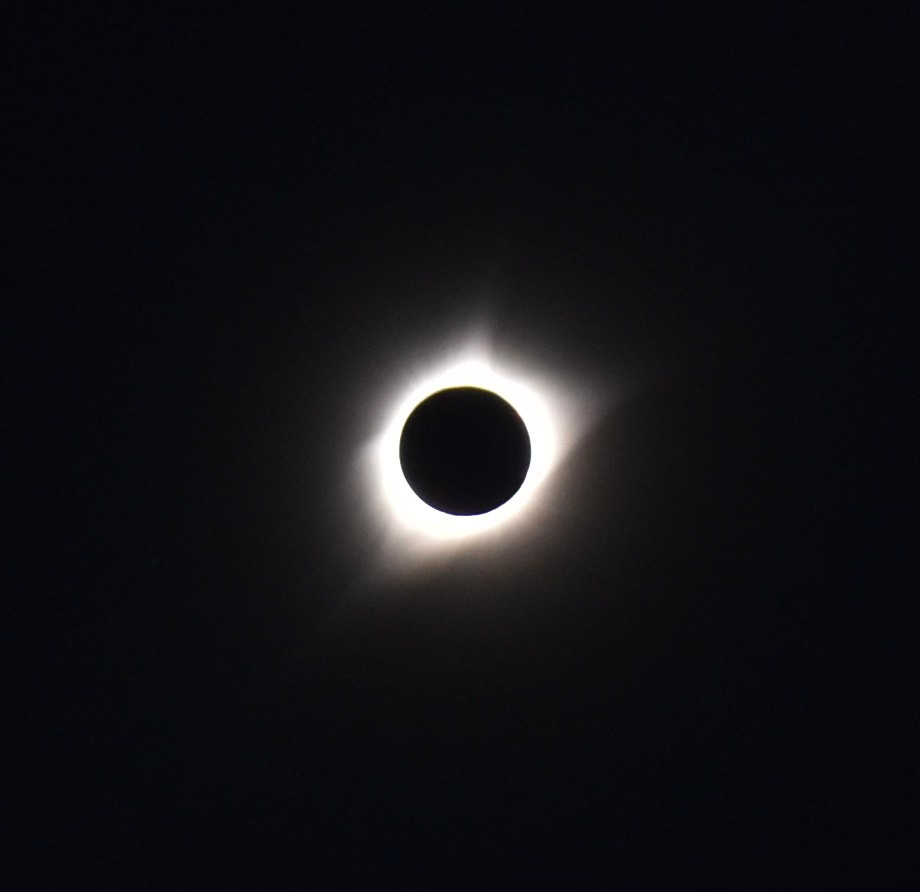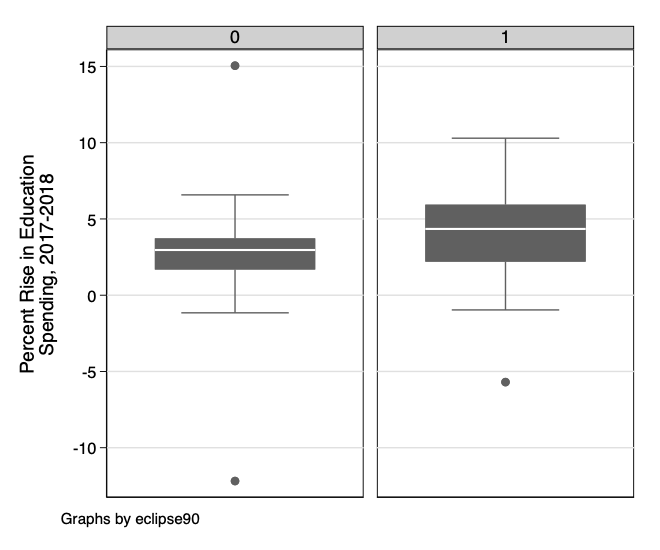Does an eclipse affect legislative behavior?
It's a pretty striking thing, but it's not clear if it changes policymaking
Today a total solar eclipse will pass across much of the southern and eastern United States, and several major cities will experience a few minutes of darkness. As you may recall, a solar eclipse passed through the western and central United States in August of 2017, actually darkening five state capitals. This left me curious — does this phenomenon actually change the way state legislators vote?
Having experienced the totality in 2017, I can say it is a deeply affecting experience, but also a very brief one. And few state legislatures are actually in session in August. But for what it’s worth, that path of totality crossed through Jefferson City, Missouri; Lincoln, Nebraska; Salem, Oregon; Columbia, South Carolina; and Nashville, Tennessee. Also, 22 state capitals had at least 90 percent eclipse coverage; while I don’t believe this has nearly the same effect, it means the totality was not far away, and many legislators and their constituents could experience it firsthand.
If the eclipse did affect state legislators, what sort of an effect might it have? My guess was that it might (briefly) increase support for science funding and for teaching about it. So I gathered state spending data on education and science funds in 2017 and 2018.
Here’s one way of looking at it. The boxplots below show the percent rise in state education spending between 2017 and 2018 in those states that had less than 90% eclipse coverage in their capitals (at left) and those that had at least 90% coverage (at right). There is a greater increase on the right (4% versus 2.7%), but it’s not a large difference.
I conducted a number of regression equations to try to sort this out. I used state education (or science) spending in 2018 as the dependent variable, controlling for spending in 2017. I controlled for state population size, whether the state has a full time legislature, whether it was under Democratic control, and whether it had divided party control between the two chambers. The only place I found an effect that was close to statistical significance was in education spending, and only for state capitals that experienced 90 percent eclipse coverage. (Eclipse totality didn’t have a significant relationship with funding.)
The interpretation here is that those state capitals that got at least 90 percent eclipse coverage in 2017 saw a rise in education spending in 2018 of about $135,000 more than those states that did not experience such eclipse proximity. This is statistically significant at the p ≤.10 level. This is not a whole lot of extra money in a state budget, obviously. And the fact that we don’t see such a relationship in any other specification suggests that there just may not be much going on here. (Although it’s possible there are effects in other areas of the budget.)
So I’d call this pretty inconclusive. If you manage to experience the totality today, I can guarantee it will have an effect on you personally. But will it change your state’s spending patterns? That I’m less sure of.







